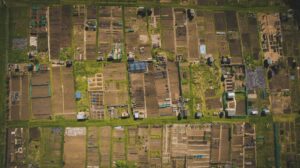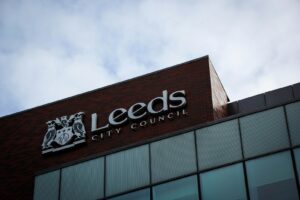The funds will help families receive tailored support and interventions, including help to leave abusive relationships, receive joined-up service for mental health concerns and assistance to enable people to find work.
Cambridgeshire County Council will use the funds to continue to build on the success of its Supporting Families Programme (SFP) to help vulnerable families and those at risk of neglect or harm to get much-needed support.
In addition, the programme will be working directly with children and young people to help them stay safe online, understand grooming and the risks of sexual and criminal exploitation and how to deal with emotions and feelings positively.
As part of the council’s programme, dedicated key workers will work with every family member and bring local services together to resolve issues early before they develop into more significant problems.
Cllr Bryony Goodliffe, Chair of the Children and Young People’s Committee at Cambridgeshire County Council, said: ‘We know that getting children, young people and their families the right help early on can prevent children in vulnerable families from ending up in the care system, reduce the likelihood of involvement in crime and support families back towards work and independence.’
‘This additional funding will be used to scale up family support services and see us helping many more families throughout the county.’
Evidence shows the whole family approach taken through the SFP could prevent children in vulnerable families from ending up in the care system, reduce the likelihood of involvement in crime and support families back towards work and more fulfilling lives.
The programme was launched in 2015 and has already helped over 470,000 families in Cambridgeshire, including a case study of a single mother and a teenage child. The family had a substantial history of criminal and social care involvement, including concerns about neglect. They lived in an abandoned building and had no access to lights, heating, or hot water. The property was not safe or secure. The young person had been missing from education since they were 11 years old and caring for their mother, who had unmanaged medical needs.
The family was supported by a Young People’s Worker (YPW) from the Early Help District who worked with housing, education, health, and local charity organisations. As a result, the family was able to claim all the benefits they were entitled to, move into and furnish their own property, and access the medical appointments they needed. The young person was also assisted with transition back into education.
The Supporting Families Programme is expected to cost the taxpayer less in the long run – by preventing issues before they become more serious and require further intervention. Full funding allocations can be found here.
In related news, economic organisations have criticised the Levelling Up White Paper, saying it ‘falls far short’.
Photo by Rod Long

















Leave a Reply